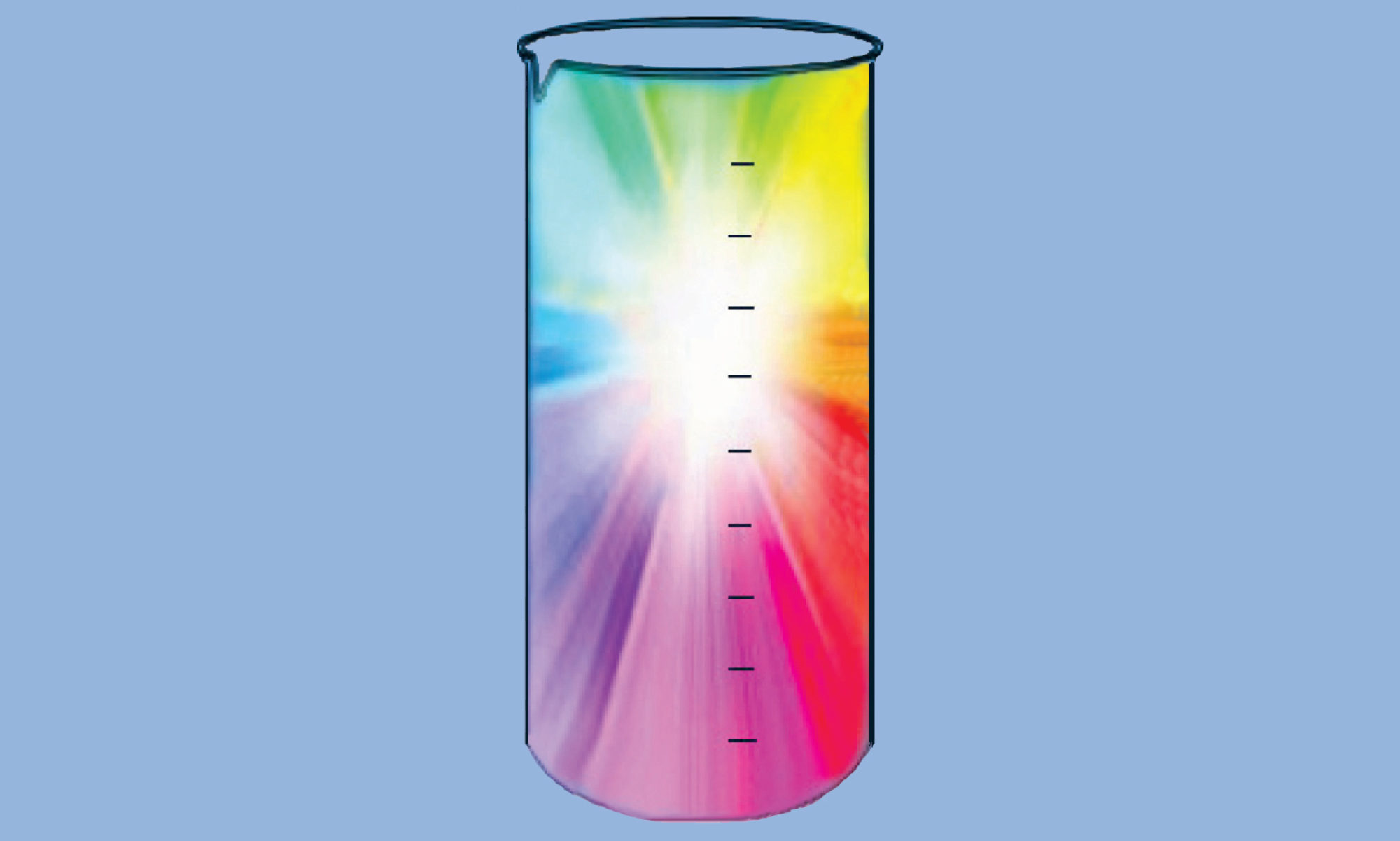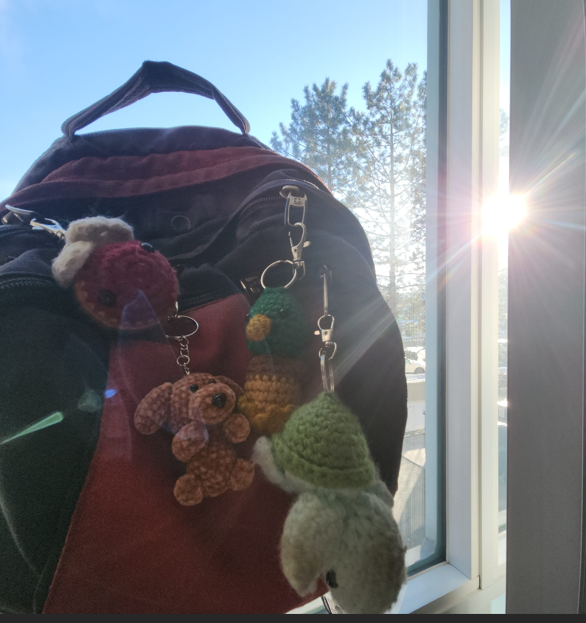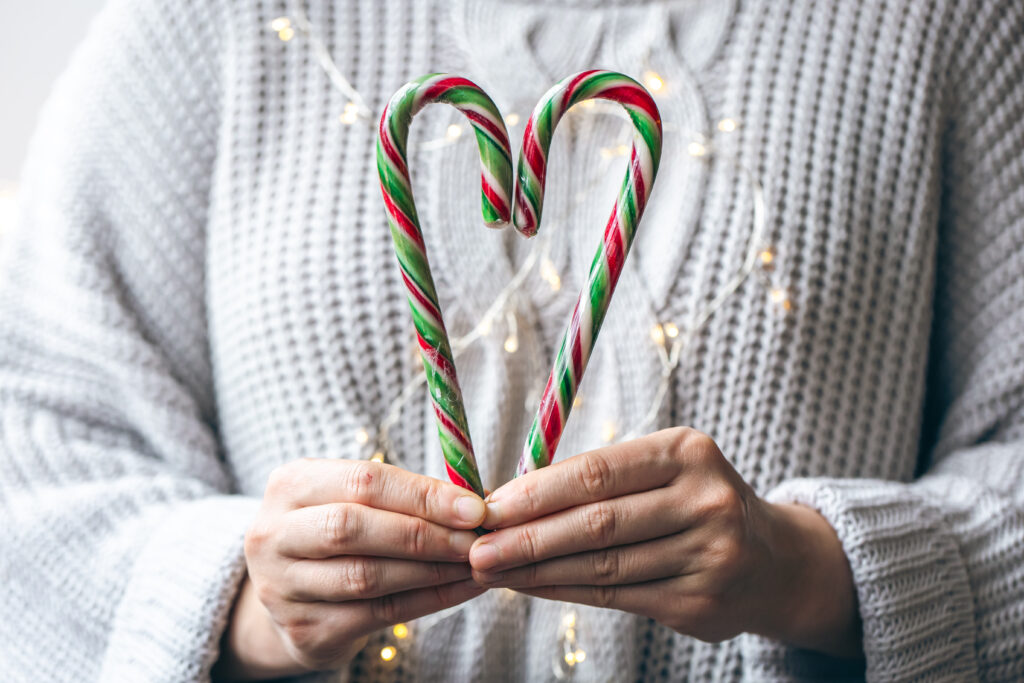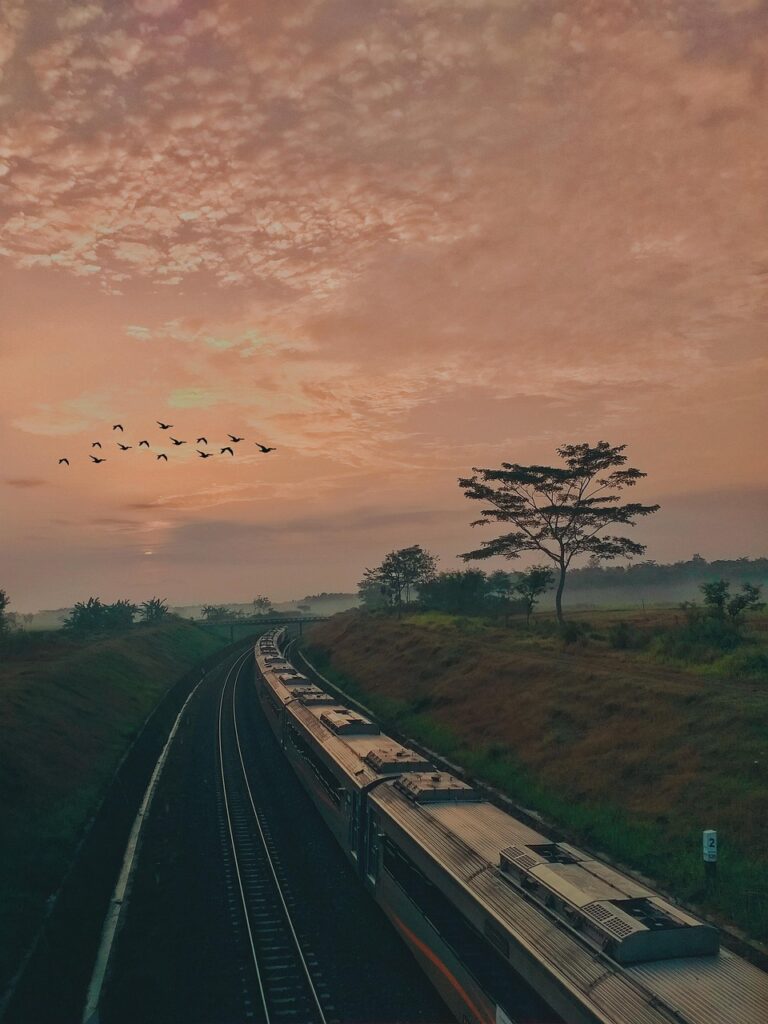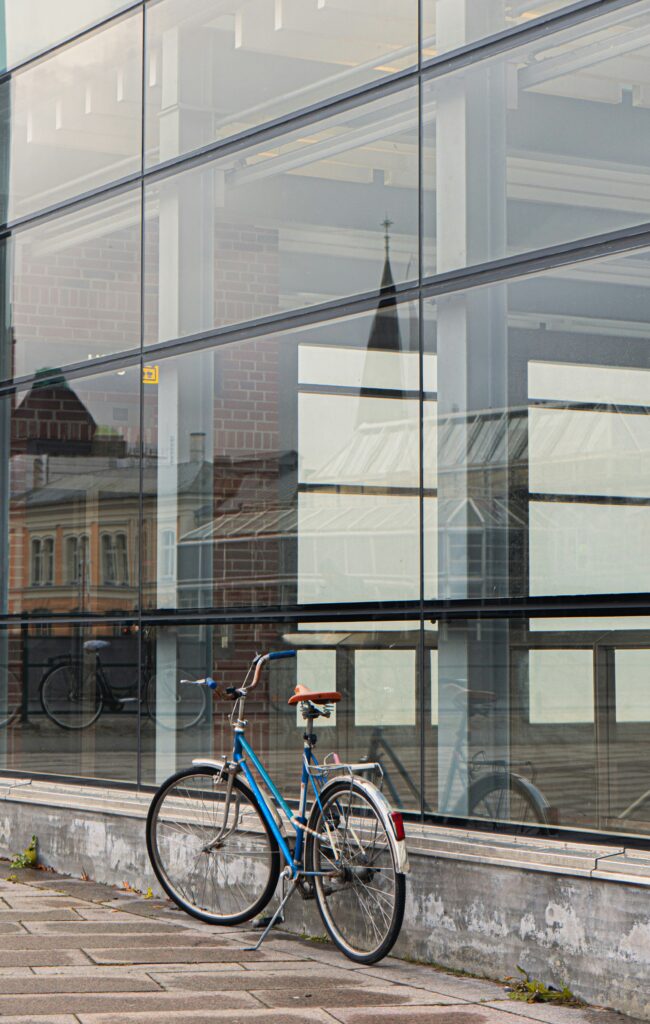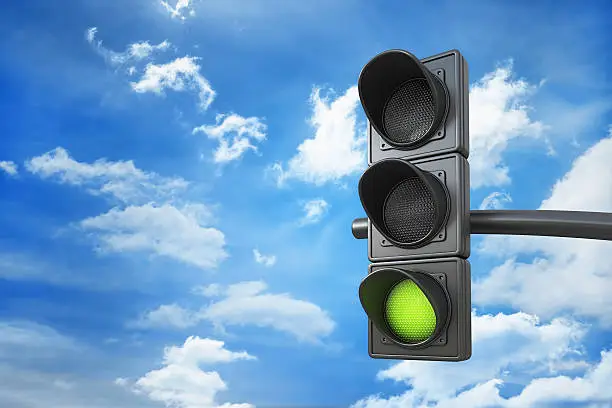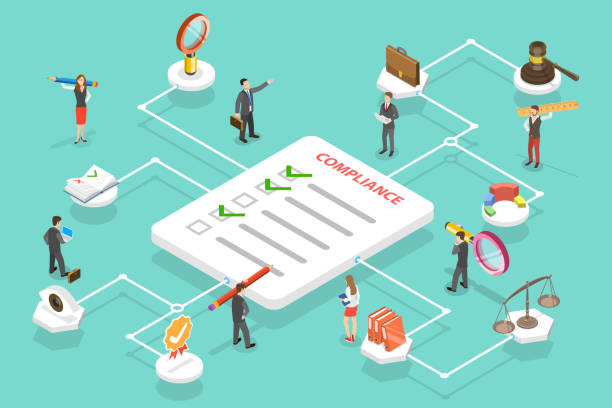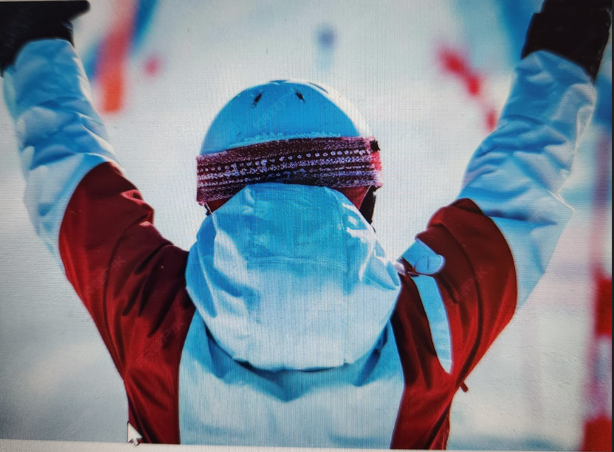
We have just emerged from the spectacle of the Winter Olympics, a breathtaking display of the best winter athletes from around the world coming together to compete in a variety of sports, many of which we would never have heard of otherwise. We were treated to a wide variety of dazzling, gravity-defying feats in a spirit of excellence and achievement.
And yet, so much of what I heard over the course of the two weeks were grumbles of criticism and judgement. A particular nation’s athlete being allowed to participate, a curler cursing, a figure skater falling. Certainly in a competition of this magnitude, there will be incidents, performance errors and worse – accidents, as well as inappropriate behaviour, misplaced political gestures and various other faux pas.
Commenting on these occurrences may have a place, but we shouldn’t allow such issues to overshadow the brilliance of the competitive displays being paraded before our eyes. In our relentless bid to disparage situations, we should not lose sight of the privilege of witnessing the amazing abilities of these athletes.
While the Olympics come round every couple of years, within our everyday lives there are countless examples of people achieving incredible things – surgeons, engineers, firefighters, educators, to name but a few. Ordinary people that through determination, ambition, bravery and skill strive to create better outcomes for others.
And yet, our society is in a constant mode of criticism. Our technological innovations and now AI have made us expect results quickly and flawlessly delivered so we have forgotten that this is not the way that people normally function. Moreover, we so often get impatient with one another and take for granted all the hard work and enormous effort that many so people regularly undertake.
Humans were never meant to be perfect but we are still capable of achieving monumental things. Of course, we are equally capable of performing despicable acts, and these are often what receive the most attention.
But we must never forget – and the Olympics are a good reminder – that we have the potential to accomplish remarkable outcomes if we pursue our goals with hard work and determination. We are all capable of feats beyond what we think ourselves possible and it’s the pursuit of our own Olympic journey that us and makes us grow and the eventual attainment of our goal something to make us proud.
